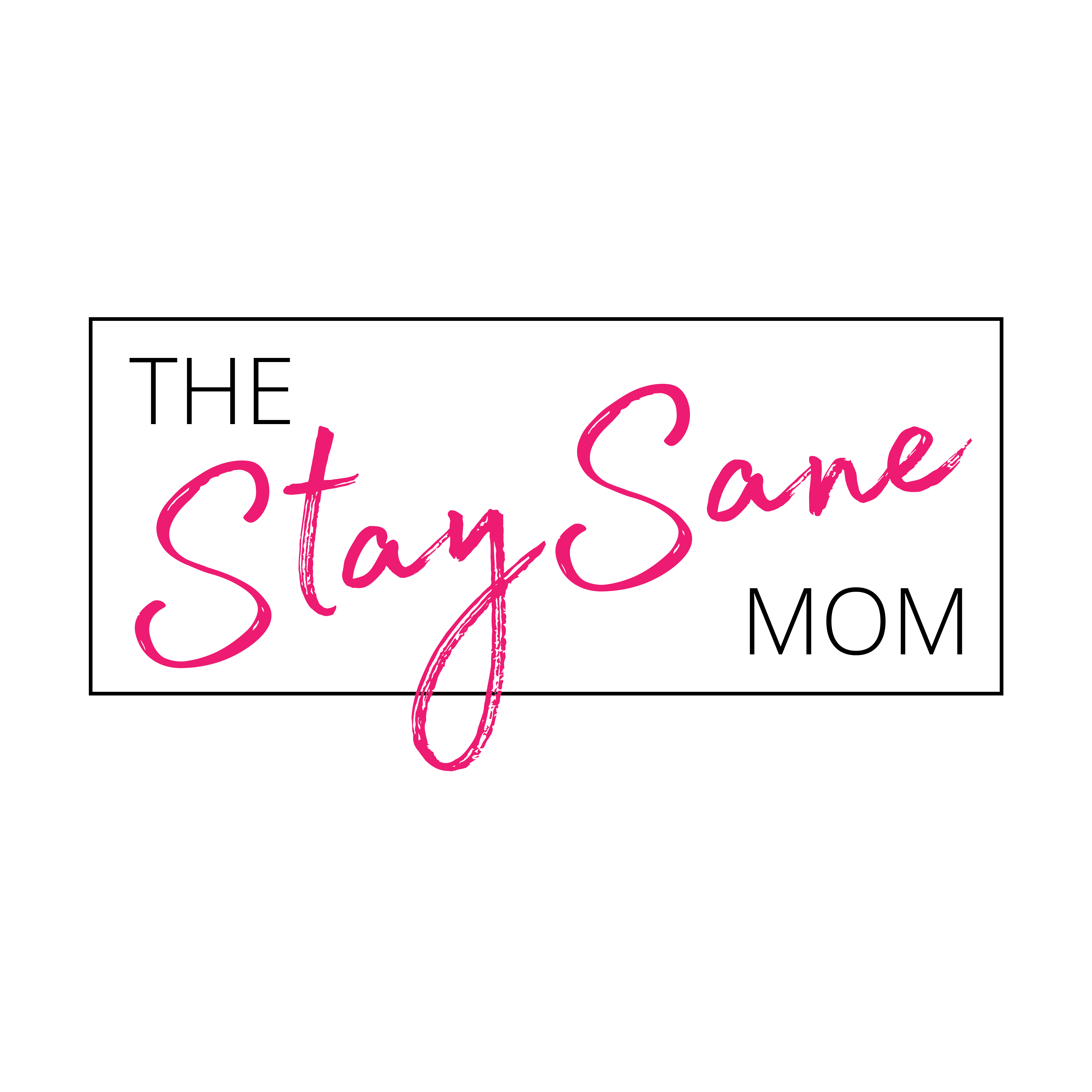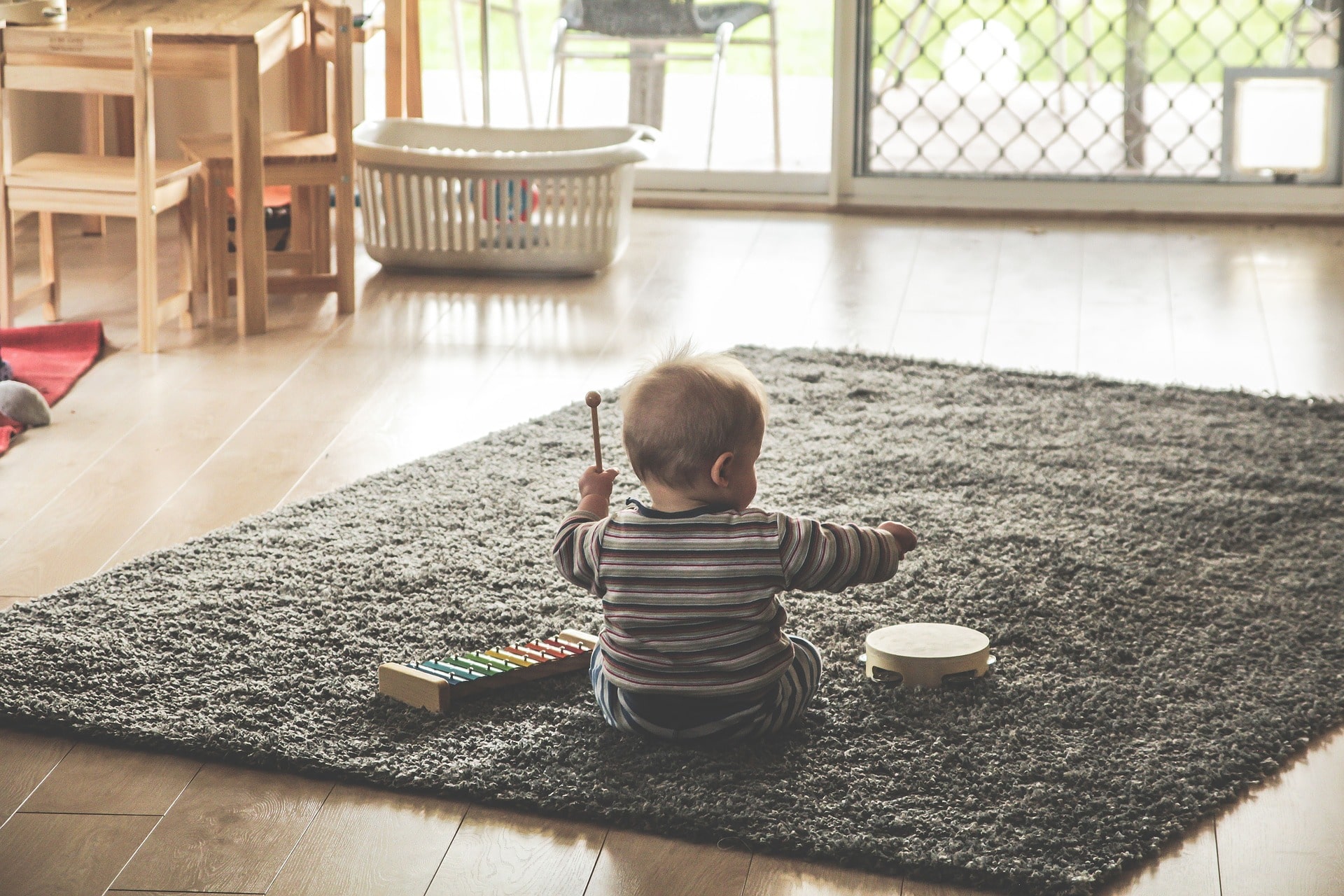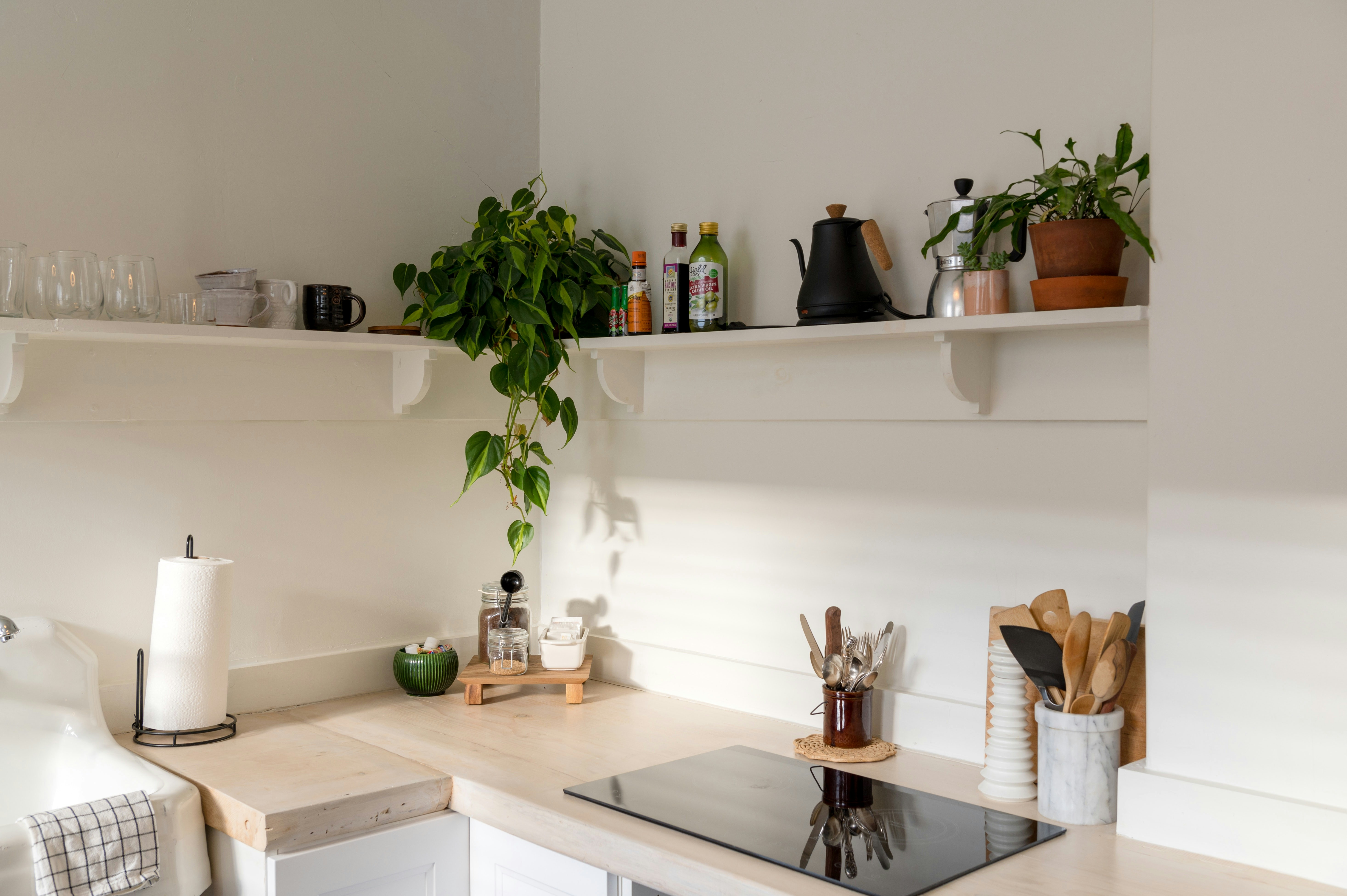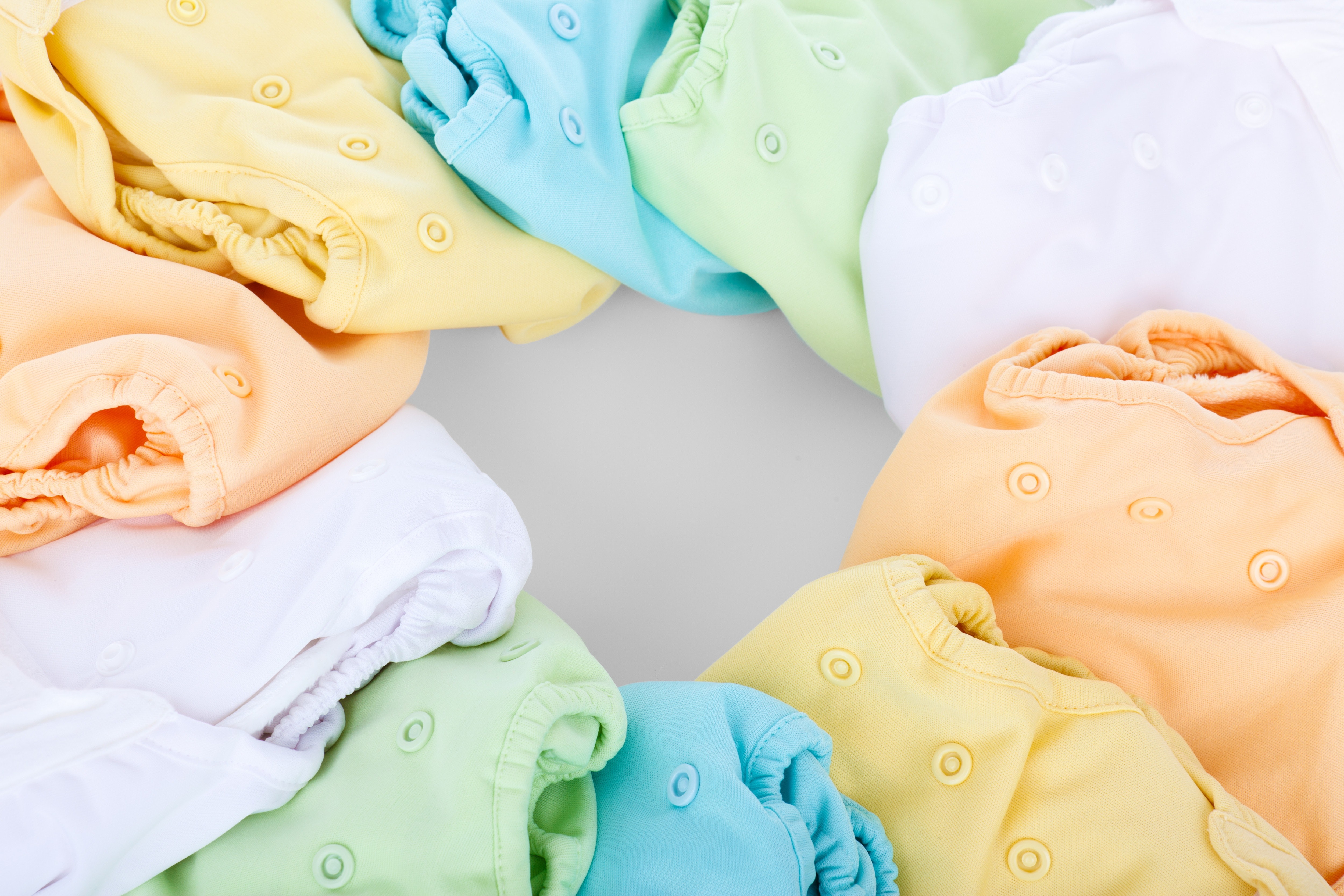The Power of a To Do List
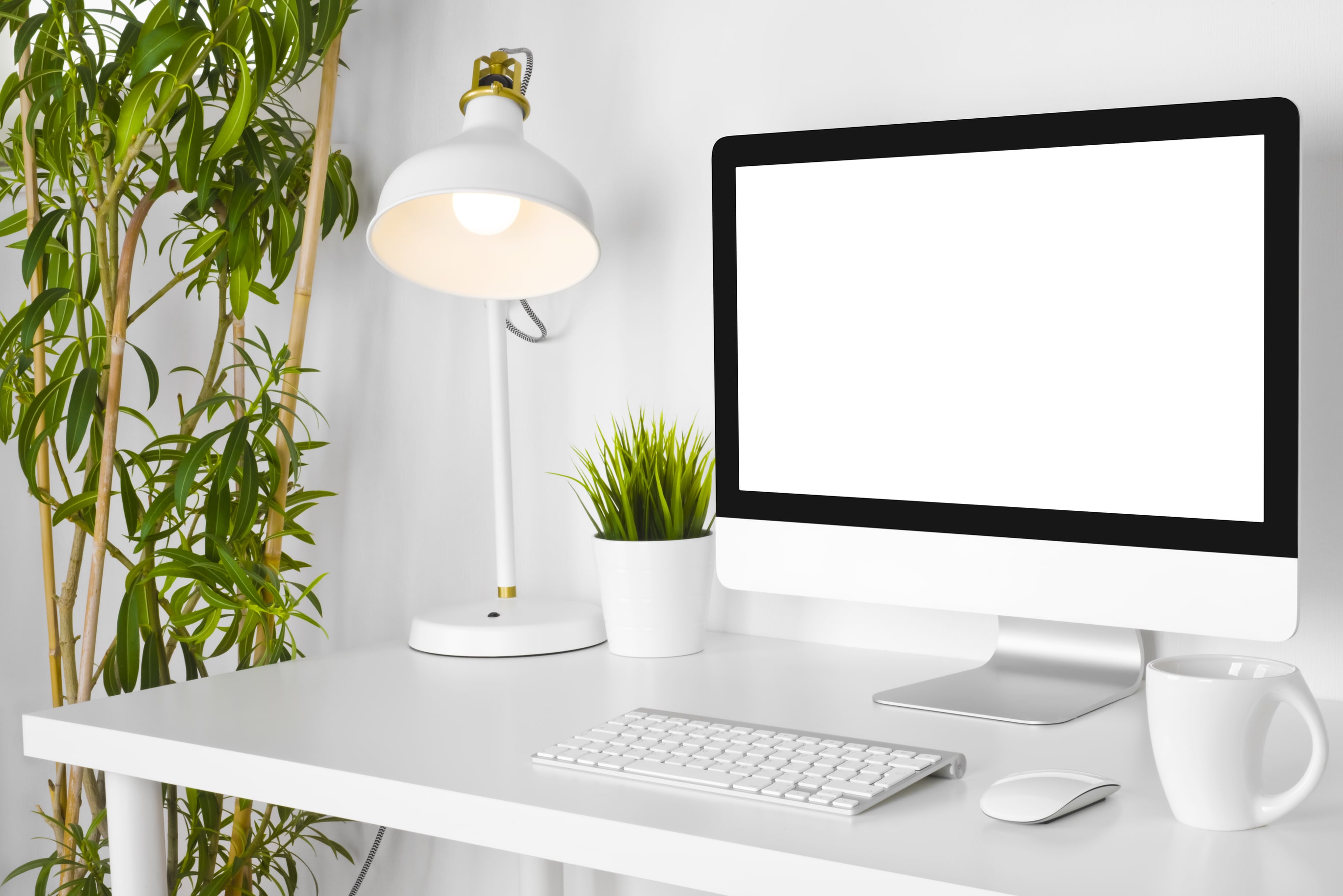
The Power of a To Do List
Everyone knows that you should have a to do list, but few know the reason why they're actually such a powerful tool.
Written by Liz Bayardelle, PhD | See Comments | Updated 12/16/2018
Want to cut to the chase?
Daily Battle Plan
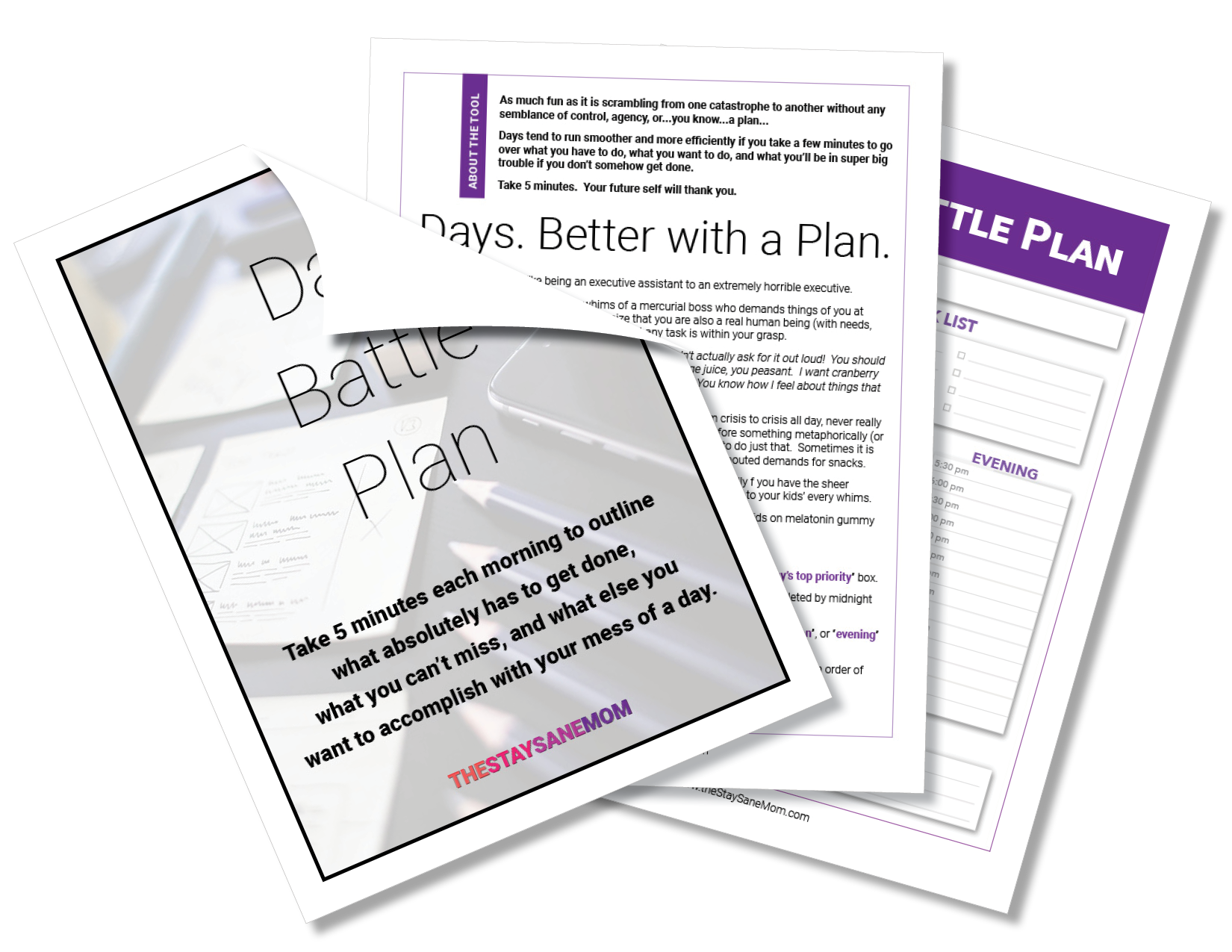
The Power of a To Do List
This post contains some affiliate links for your convenience. Click here to read my full disclosure policy.
The Power of Action
It shouldn’t surprise you that there is power in getting things done.
Let’s skip past the fact that schools, workplaces, and almost any other environment that contains humans features a heavy helping of routine and achievement (because there are lots of very incorrect or unhelpful things that we still do all the time) and get into the real crux of the issue.
Why is checking stuff off a to do list so powerful? Why and how do they work? And how can we leverage them to our advantage?
Some Nifty Neuroscience
Let’s get started with the fun stuff.
When a person takes a hit of an illicit drug like cocaine or heroin (not where you thought I was going, right?) the brain releases a neurotransmitter (read: chemical in the brain) called dopamine. Dopamine is usually known as the “pleasure chemical” because its release does make an organism (whether it’s me, you, or your friendly laboratory mouse) feel pleasure. However, the more scientific purpose of dopamine is its use by the brain to signal a reward for a certain action.
So what do you mean by “action”? In an evolutionary context, our caveman ancestors were more likely to survive if they got off their bum and did stuff (gathering berries, hunting for food, etc.). To make sure they did this stuff, our brain evolved this happy little chemical called dopamine to give him a shot of a chemical that made him feel like he’d taken a tiny hit of heroin (read: feel really good). A caveman whose brain put out a dopamine reward when he successfully gathered enough berries to feed his family was far more likely to survive than one whos brain didn’t, so the trait got reinforced and strengthened over thousands of generations. It’s now part of all of our biological makeup.
Okay, that makes sense when you talk about cavemen and heroin users, but how does this relate to you?
Well, it turns out that dopamine isn’t just for drug users. When we check an item off our to do list, our brain also puts out a little burst of, you guessed it, dopamine. Yup, the same yummy little neurotransmitter that people find so addicting in hard core drugs gets released when you finish your vacuuming or throw that paid electric bill in the mailbox.
Why should you care? It’s simple. The reason drugs are so addictive is that when we get these little hits of dopamine it makes us want more. That means that when you finally dust under the refrigerator and your brain releases that chemical reward, the tiny junkie in your head has the same reaction that gets people addicted to drugs”
“Yum...I want more of whatever that was! What else can I do to get some more?”
However, in this instance, the behavior this triggers it isn’t pawning family heirlooms to buy more heroin, it’s moving on to the next item on your to do list and working with a renewed vigor in order to get the next item done and get your next reward.
You’ve probably experienced this on those days where you finally do something you’ve long been procrastinating and then, all the sudden, it’s 11am and you’ve accidentally accomplished more than you do in a normal day and you have no idea how it happened. Now you know exactly how it happened. Getting that last box unpacked (you know, the one from your move 1.5 years ago) triggered a dopamine release and, like the happy little productivity junkie you are, you went off to chase the high, accidentally leaving a trail of windexed windows and scrubbed baseboards in your wake.
Fun fact: this is also why, when you join the military, you shortly learn that the first thing you do each morning is make your bed. (And not just pull up the covers. This is the military. You make it up to a set standard and, often, your commanding officer comes by to drop a quarter on it. If the sheets aren’t tight enough for the quarter to bounce, you’re doing it over again. Or so says my ex-marine grandfather anyway.) They know that by starting your day off with the accomplishment of one task, however miniscule, it sets you up neurologically for a day of productivity and accomplishment.
Try This At Home: Figure out one task that you can happily (or at least less begrudgingly) make yourself do first thing in the morning. For me, we have diffusers in key locations around the house. Every morning the first thing I do is stumble around the house and fill them up with water and a few drops of eucalyptus-scented essential oil. It takes me maybe 2 minutes and I can (and do) do it when I’m still 90% asleep, but when I’m done I get that rush, that feeling of accomplishment and I’m far more productive for the rest of the day.
One caveat to this section: this is one of those things that seems completely true and has lots of “popular science” articles about it, but when I dug down deep on Google Scholar (the home of all those $25-a-pop, fine-print, empirically validated, peer-reviewed articles that no one but us chronic academians wants to read) I couldn’t find any scientific articles about it. That doesn’t mean that this is false, it just means it either hasn’t been studied at that level yet or the articles are hidden well enough that I couldn’t find them.
So what does that mean for you? If you’re a neuropsychologist, it means get your booty in gear and write me some empirical research articles on dopamine release upon task completion. If you aren’t a practicing neuropsychologist, it just means to experiment with this and verify the results in your own life rather than taking it as “proven science” without a second critical thought. However, if I’ve taught you anything so far it should be to think critically about everything anyway. Authenticity, remember? If it doesn’t fit in your life, it doesn’t matter if it’s true or if it works for others.
Beware False Productivity: A Cautionary Tale of Gel Pens and Shame
False productivity is a weird term. How can productivity of any kind be bad, right? Surely something checked off is still one less thing to do, regardless of the importance…?
In my own life, I didn’t realize that I was a huge victim to this one until far later than I should have. Here’s how it happened for me.
Since sometime in middle school (when I officially embraced my persona as a flag-flying, academic nerd) I have been a proud non-procrastinator. I wish I could say that this was entirely out of ambition, sense, or an acknowledgment of the wisdom of getting things done immediately, but it was also largely due to the fact that I took perverse enjoyment in watching my peers scramble to finish essays that I’d handed in weeks ago. (Hey, we nerds don’t get a lot of love, especially in middle school, so I had to get enjoyment from something…)
Anyway, another large portion of my study routine was a very in-depth to do list that I frequently updated, reorganized, and transferred from planner to planner. I spent most of my school years thinking this made me a conscientious, well-organized student. Who doesn’t love a subcategorized, color-coded to do list written in nineteen different gel pens?
Fast forward to sometime in college when I was reorganizing my beautiful to do list at the beginning of what promised to be a marathon library study session with a friend. As they were setting up their books, my friend looked over at my beautiful, wonderful, color-coded to do list and, with no malice whatsoever, made the offhand comment that shocked me to my core: “Oh, you’re a procrastinator too, huh?”
To say I was outraged would be a fairly dramatic understatement. I was inches from a scathing retort that would have made Aaron Sorkin proud when I took a second to stop and think. What if they were right?
While my to do list was a very helpful study tool and it had faithfully kept me organized for the last decade of my life, I had to admit that it did take a great deal of time to create and maintain. Not only that but, in retrospect, I seemed to have the urge to transfer it to a new organizational system (break in a new planner, update the color coding, change from one set of pens to another and have to start all over) whenever I was under a particularly stressful workload.
I had unwittingly been telling myself I needed to get myself organized before I started my homework and, consequently, had been wasting anywhere up to half an hour per day, every day, for the last decade. I might as well have been sitting on the couch eating Doritos during that time. (Well, almost. Due to my lists I did always hand everything in on time without forgetting anything, but what I accomplished in thirty minutes could also have been done in five.)
At this point, my friend had begun to prod me with a pencil because it’s not typically a common practice to freeze wide-eyed in the middle of a conversation and maintain a slack-jawed grimace of horror for minutes on end. I passed it off as a moment of study-induced distraction but never forgot the awakening that one comment had given me.
Try This At Home: Learn from my mistakes by paying attention to the necessity and priority of the tasks you put on your list. It’s fine if you’re intentionally doing an easy or unnecessary task first as either a break or a warm-up, but own it. Don’t do it by accident like I did, or you might fall into the trap of being constantly busy but still not getting done the list items that really matter.
A Present for You
Now, speaking of to do lists, I've created a basic template for what most people's to do lists should look like. This isn't the master, holds all of life's answers to do list; it's the "do this each morning and carry it around all day like a teddy bear" to do list.
If you feel underproductive or overwhelmed, this is going to be your saving grace...It most certainly is mine! (And it's totally free!) Give it a try tomorrow morning and I promise your day will go more smoothly.
Start Your Next Step
Daily Battle Plan

Get Sanity, Delivered to Your Inbox.
Care to Share?
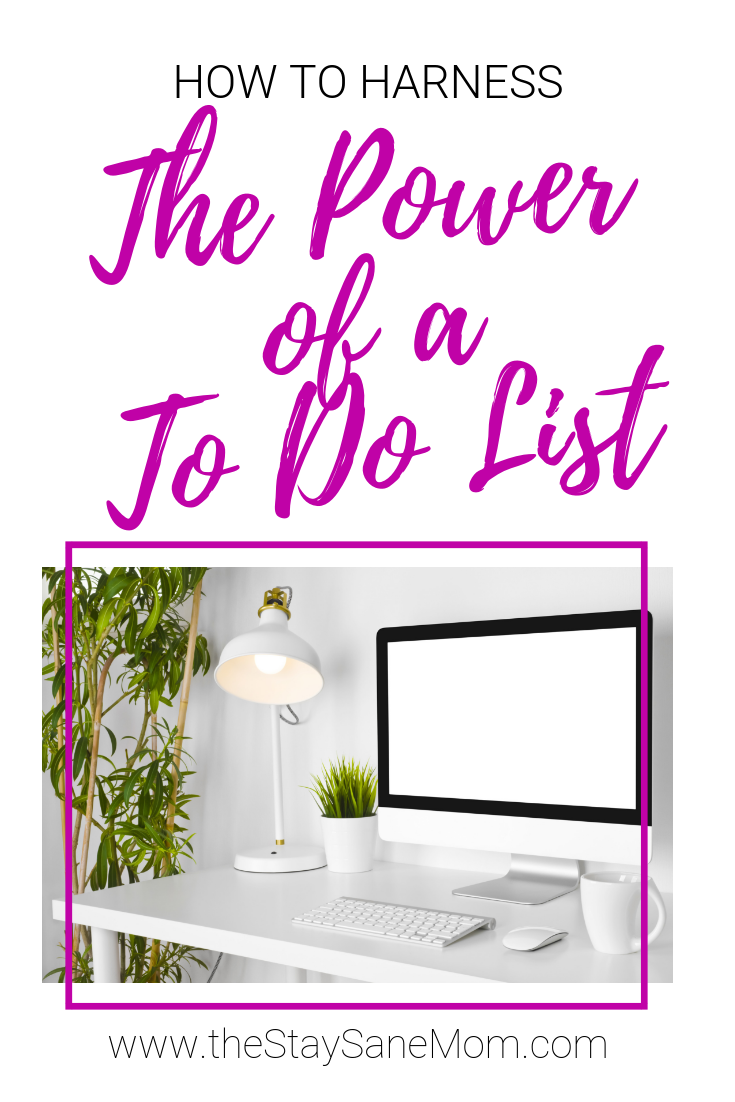
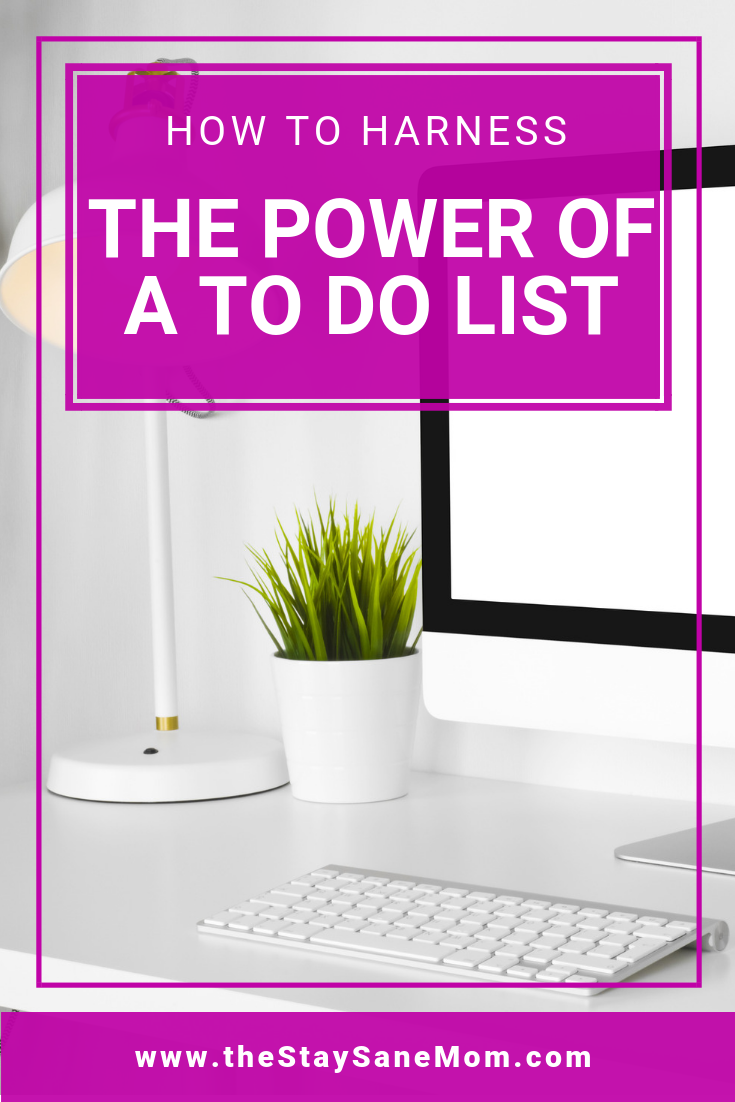
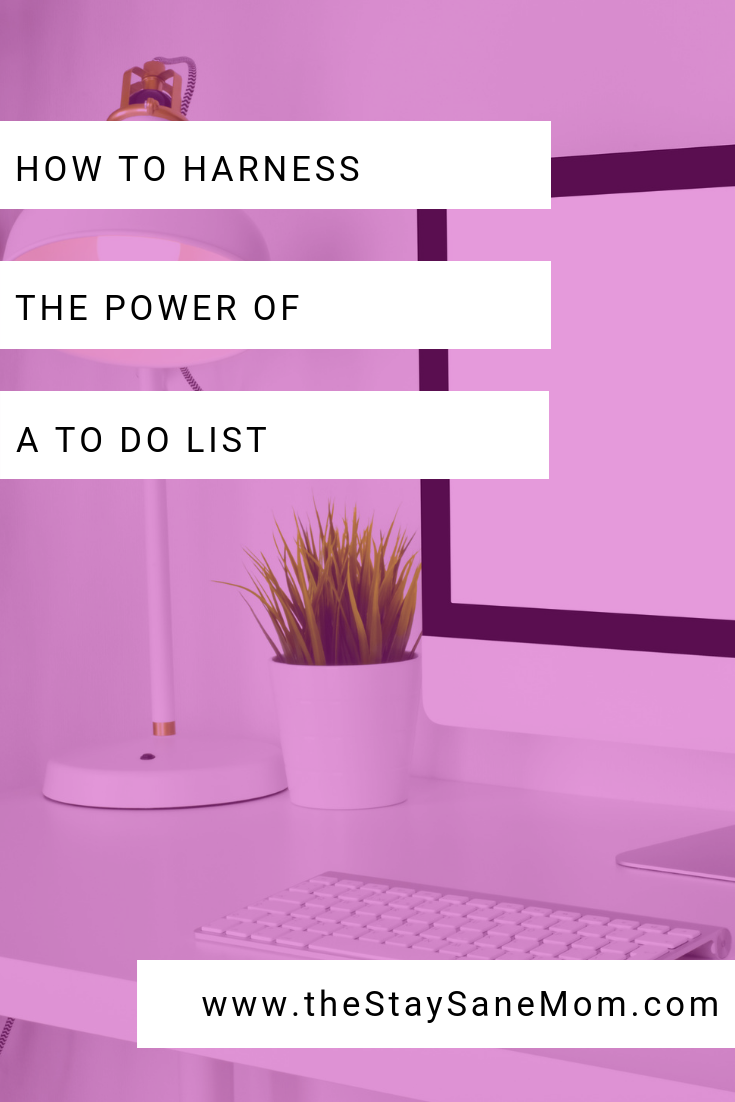
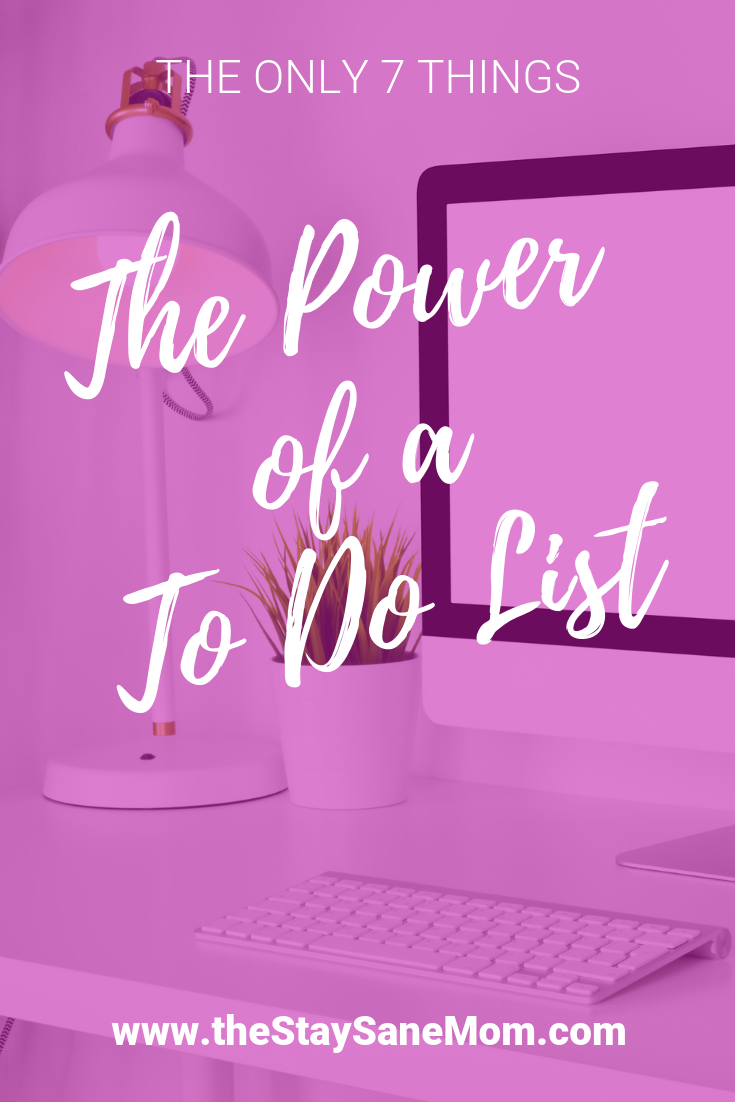
About the Author
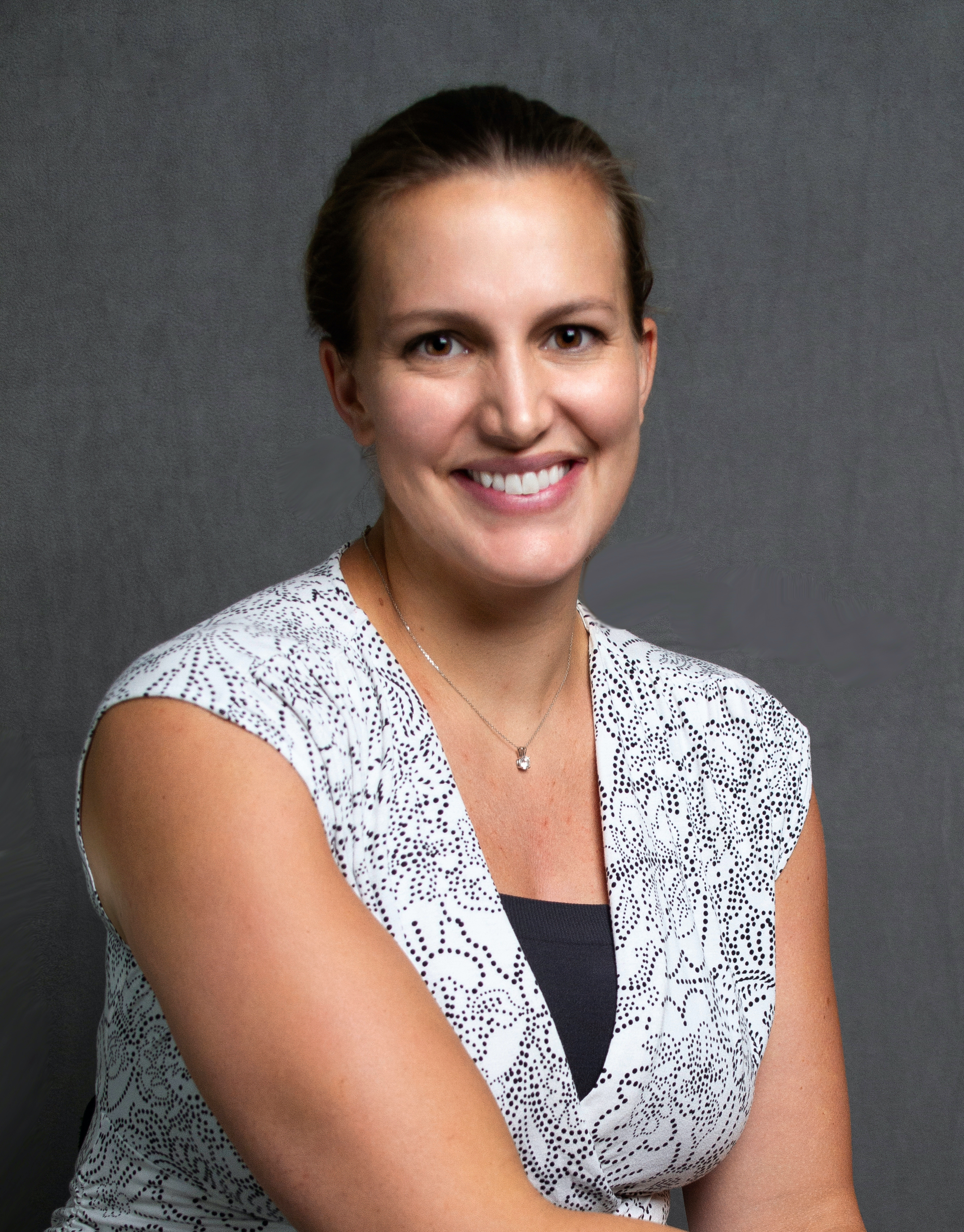
Liz Bayardelle, PhD
Founder | Contributor
Liz (or Dr. Mommy, as her toddler started calling her after learning what a PhD was) is the happily sleep-deprived mom of a toddler (and professional raccoon noise impersonator), a sparkle-clad kidnado, a teenage stepdaughter, 200 cumulative pounds of dog, and herd of dustbunnies (if daily vacuuming doesn't occur). During nights and naptimes, she uses her PhD in business psychology as an author, speaker, and consultant. She also serves as an executive and principal for three companies, two of which she co-founded with her very patient (and equally exhausted) husband.

